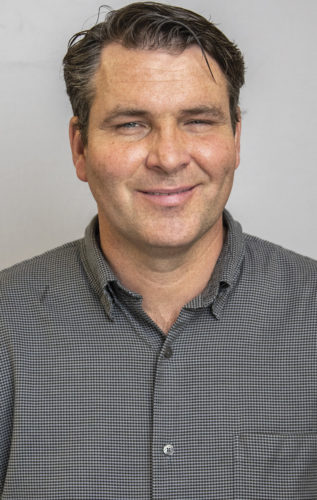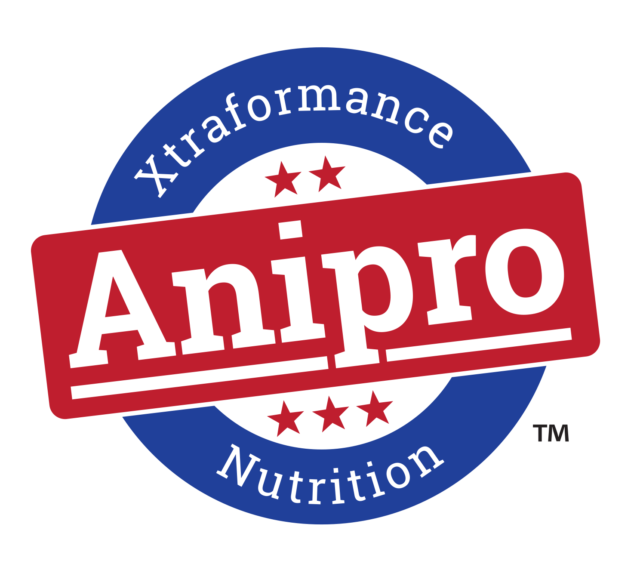A few years before he died, my dad immersed himself into writing a life history for his posterity. It was done quietly, with little attention and probably with less appreciation than it deserved. But looking at it now, I am deeply touched by the sincerity, detail and craft given to explaining his 80-plus years, especially in describing his mother and father.
The following is a segment he wrote about his dad, Colin Cooper.
“In those early years, we were somewhat isolated from friends and playmates, but it never was a time to be bored or lonesome. I became Dad’s shadow in effect; I followed him wherever he would take me, especially if the horses were involved. We would go out to the hayfields far from the house to cut the hay crop on land he rented from the widow Nancy Hendry.
“I rode on ‘ole Bud,’ the big sorrel horse, as he pulled the mower. The hot sun and the noisy mower going would make me sleepy to the point of falling off Bud. Next, I could hear birds singing, and I knew my dad had put me on a big pile of cool freshly mown hay under some shade trees. I could look out in the hot sun and see Dad and the horses still mowing the hay. It was these times I think my father became the greatest teacher in my life. He was not educated and did not pretend to be, but his example could not be overlooked or forgotten.
“His agreement with widow Nancy was a 50/50 split of the hay crop. He agreed to put one load of hay in his stack and one load in Nancy's barn. He always put the best hay in Nancy's barn and the hay with mold or weeds in his stack. When I asked him why he did that, he explained the widow had to sell all her hay for her living expenses. Dad knew his animals could survive on the poor-quality hay that he would feed them.”
Colin Cooper, my grandfather, was a dairyman with no more than 8 or 9 acres and a dozen milkers of his own, at the western edge of Wellsville, Utah. By the time he and Grandma had my dad in 1934, the third of five kids, the Great Depression was in full swing and decimating American farms, including his own.
My father was the only boy and worshipped Colin, who had a nine-to-five schedule his entire working life: in bed by 9 p.m. and done milking by 5 a.m. But a few dairy cows and growing alfalfa were never enough.
Colin had to work at the Del Monte cannery. He assisted other farms, sometimes for extra pay but usually just to help out. He was the cemetery groundskeeper and sextant, and a volunteer fireman. He worked constantly and thrived doing it. The town noticed and urged him to be a city council member in later years.
His children saw it every day from their dad. In those days, your dad didn’t go to recitals or basketball games. He just accomplished whatever was necessary to sweat through and bring dollars to a small farm, then taught them from the dinner table at night. But those early years, they were tough. And Christmastime was always somehow one of the hardest. Which leads me to the story I wish to share.
Colin loved Christmas and savored how special it was to his dear wife, Amy, their girls and my dad in those Depression times. So his plan was always to keep one steer or heifer from that spring’s calf crop, fatten it up and send it to fall market. It had always worked out well, and it was one of the fruits of immense joy for him to have the means to make it a joyous Christmas.
Then one late summer, when my father was 6, the heifer fed for that year’s Christmas squeezed through some loose wire fence. She got into some fresh alfalfa, quickly got bloat and died before he got home that afternoon.
My dad rarely shares the story, but he recalls it clearly. Colin knelt by the dead calf for several minutes, looking at its lifeless corpse. Then for the first and only time that my dad would remember, he watched his father cry.
The idea of that scene would shock most of Colin’s grandchildren. But now, all of us having raised kids of our own, we would fully empathize. How could we not, knowing he was one of the most incredible sons of God to labor on this earth.
The rest of the story is equally moving. Colin worked even harder to make Christmas the day it deserved to be. He picked up extra cannery shifts. He searched and found lightly used bicycles for the girls. His close friend donated a small old saddle for my dad’s gift. It was a Christmas that shaped him, his kindness and wonderful sense of humor for the many years to come. Grandma, never complaining whatsoever, got to work on homemade dresses instead of ones Grandpa would buy. She pinched even more pennies to stretch the family income. Christmas day came, and the presents were loved. With one or two fewer than before, no one was any worse.
To my dad, the gift of his sixth Christmas was the revelation of seeing his parents for who they truly are: a dedicated, diligent and devoted couple who worked and sacrificed together, never letting anything stop them from making joy and sharing it with others.
May your Christmas bring you the wisdom of knowing that joy comes in many forms. Sometimes it is given, sometimes it is found and sometimes like my dad was taught, it truly can be made. And most importantly, it is best shared.









